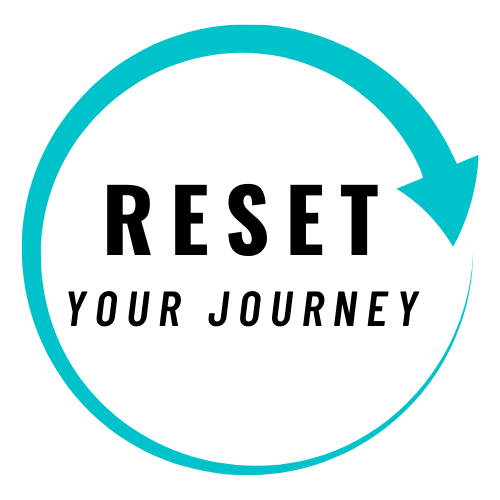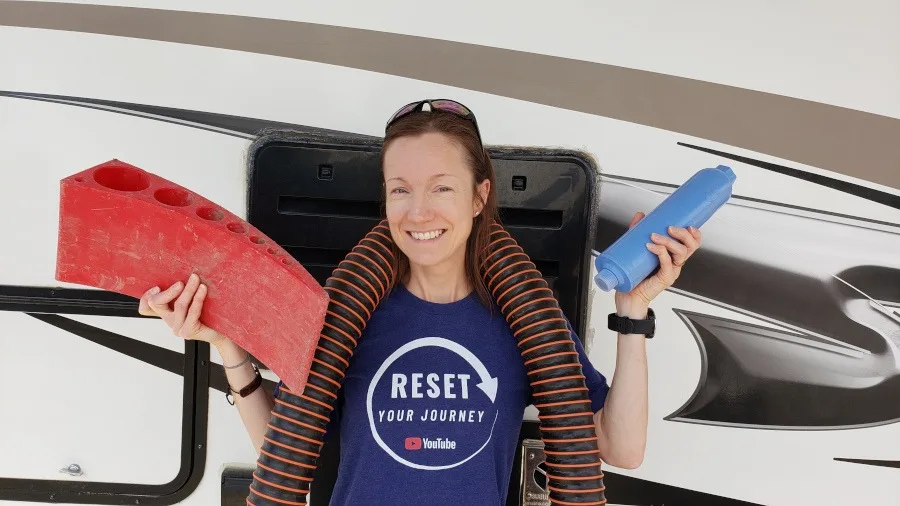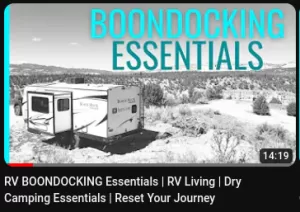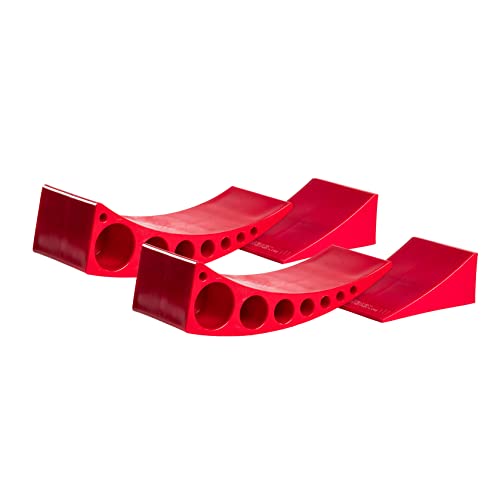Last Updated on 06/11/2024 by Glynn Willard
What Are The RV Essentials For The New Owner?
Let’s break down the must-have items for RV camping and keep it simple.
This list applies to travel trailers, fifth wheels, motorhomes and campervans.
Here we go!
We use affiliate links for two reasons: A) It makes it easier to point directly to the gear and B) despite it not costing you anymore, we make a small commission if you make a purchase. If you’ve followed us for any time, you know we don’t promote junk or anything you don’t need. Less is more!
What’s The Most Important Gear For A New RV?
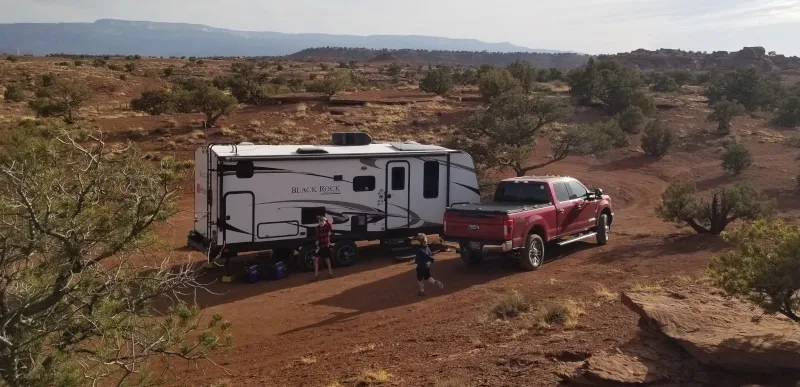
You just bought a new or “new to you” RV and you’re bombarded by lists and suggestions of all the gear you need to equip your RV. Do you need everything on the lists? Absolutely not!
And I caution you to consider the weight of everything you purchase (regardless of the GVWR of your RV).
On our first go-around of the country, we took a lot of gear we thought we needed. Upon returning to the home base, we shed a lot.
And, of course, we acquired a few things we didn’t realize we needed for boondocking full-time while we were on the road.
I’ll repeat that… if you forget something, there’s ample opportunity to acquire it on the road.
Also, keep in mind the type of camping you’ll be doing.
If you’re not staying in RV parks with full hookups, but boondocking instead, things like a surge protector, instant pot or pressure cooker will be useless.
Unless of course, your electrical system has a lot of batteries, solar panels and a large inverter.
Looking To Get Right To The Full List Of Essential RV Gear?
You can go straight to our Necessary RV Gear site that lists our selection of essential RV gear in a nice orderly fashion.
RV Essentials For The New Owner
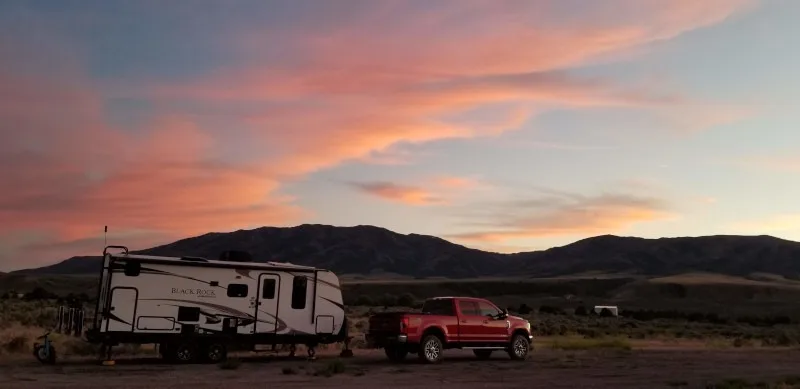
We have additional categories (nice to have RV gear, essential boondocking gear, essential RV tools, filming gear and RV health & fitness) as well.
But please start with just the essential items until you’ve spent some time on the road.
There are a lot of RV gadgets you don’t need!
Knowing and understanding the small space in your RV and your RV lifestyle will clarify what you do and don’t need from the other categories before an RV trip.
The list:
-
Leveling Blocks
-
Anderson Leveler System
-
The Right Sewer Hose
-
Water Filters For Your RV
-
Additional Water Storage
-
Water Pressure Regulator
-
A Good Drinking Water Hose
-
Water Heater Anode Rod
-
Heavy Duty Chocks
-
Lubricants To Maintain Your Slide And Seals
-
Hooks, Hooks & More Hooks
-
Power Adaptor Cords
It doesn’t matter what kind of RV you have, you’ll need a set or two in the rig all the time. And you will use them every time. No need to buy expensive, fancy leveling blocks.
Oh and how many times have we encountered a Class A with an auto-leveling system that has failed. Allowing for the small extra cost is a great way to eliminate a potential headache.
These have served us well and have been put through the wringer. In fact, we use them under the truck tires whenever we get stuck. Yes, sadly it happens on occasion.
If you have a travel trailer or fifth wheel, these are a must! But you have an automatic leveling system, you say? It doesn’t matter. It’s a good idea to have these as a backup, especially if you’re full-time RVers.
On more than one occasion, we’ve crossed paths with RV’ers whose automatic leveling system has failed. If they had had these as a backup, all would have been fine.
We use these almost every time we park the rig. And they’re so easy to use!
Dump after dump every week for years and this exact hose has held up great to an unbelievable amount of sewage!
Make sure you have the additional hose attachment. On more than one occasion, I was a little too far from the sewer and it’s always easier to extend the hose than reposition the rig. Especially if others are waiting!
We use two types of water filters to fill our fresh water tanks. The first is always attached to our freshwater hose regardless of the water’s flavor. It’s inexpensive and easy to replace.
I sample the water before filling our tanks and if it has an adverse flavor, I add this next filter to the other end of the hose. I usually don’t need it when filling in national parks.
It has yet to fail us in making the water we add to our tank palatable. This was less than the competition but is better quality than I thought. Just drain it after each use (not difficult).
Overkill??? Never! Running out of water or figuring out your onboard water is contaminated while on the open road is never a good thing!
We keep three of these full in the truck bed (which we cycle to keep them fresh). We’ve had to use them on more than one occasion during our RV full-time adventures.
If you connect to city water, always use this in case there’s high water pressure too high for your rig. We keep one on board but rarely use it since we live off our freshwater tank. and we’re rarely in an RV park.
This hose is only for your drinking water. It’s the one we keep the inline filter attached to and then it attaches to the secondary filter system and is used for nothing else.
Make sure you have 50 feet, not 25. We’ve needed almost all 50 feet on several occasions. Again, easier to have a longer hose than to take a lot of time and move the whole rig.
If you have a smaller RV or campervan (like we do now), you’ll want a collapsible hose that takes up minimal storage space.
We’ve had great luck with this hose and now use it exclusively.
If you have a Suburban water heater in your rig, you will eventually need one of these.
Do yourself a favor and change it annually if you use your water heater regularly. The old saying, an ounce of prevention…. you know the rest.
Please don’t skimp on something that will keep your rig from rolling. We’ve found these exact chocks to do exactly what they’re supposed to do and do it well.
You’ll know right away the first time you forget to use them!
No need to get caught up in all the variety of lubricants for these applications. Maintaining the integrity of your seals and slides will save you in the long run. And everything will operate as it should for longer.
This is especially true if you’re full time and use your slides frequently.
We show you how to use it in this video.
You can never have too many! They’re all over our rig and we still don’t have enough.
The storage space in an RV is so limited that you’ll need to take advantage of bare walls.
Regardless of the type of RV, I assure you, if you place one or fifty up, they will get used.
Maybe you’re rig is 30 Amp or it’s 50 Amp. You’ll eventually show up somewhere with only a 15 Amp hookup or only the opposite of what you have.
